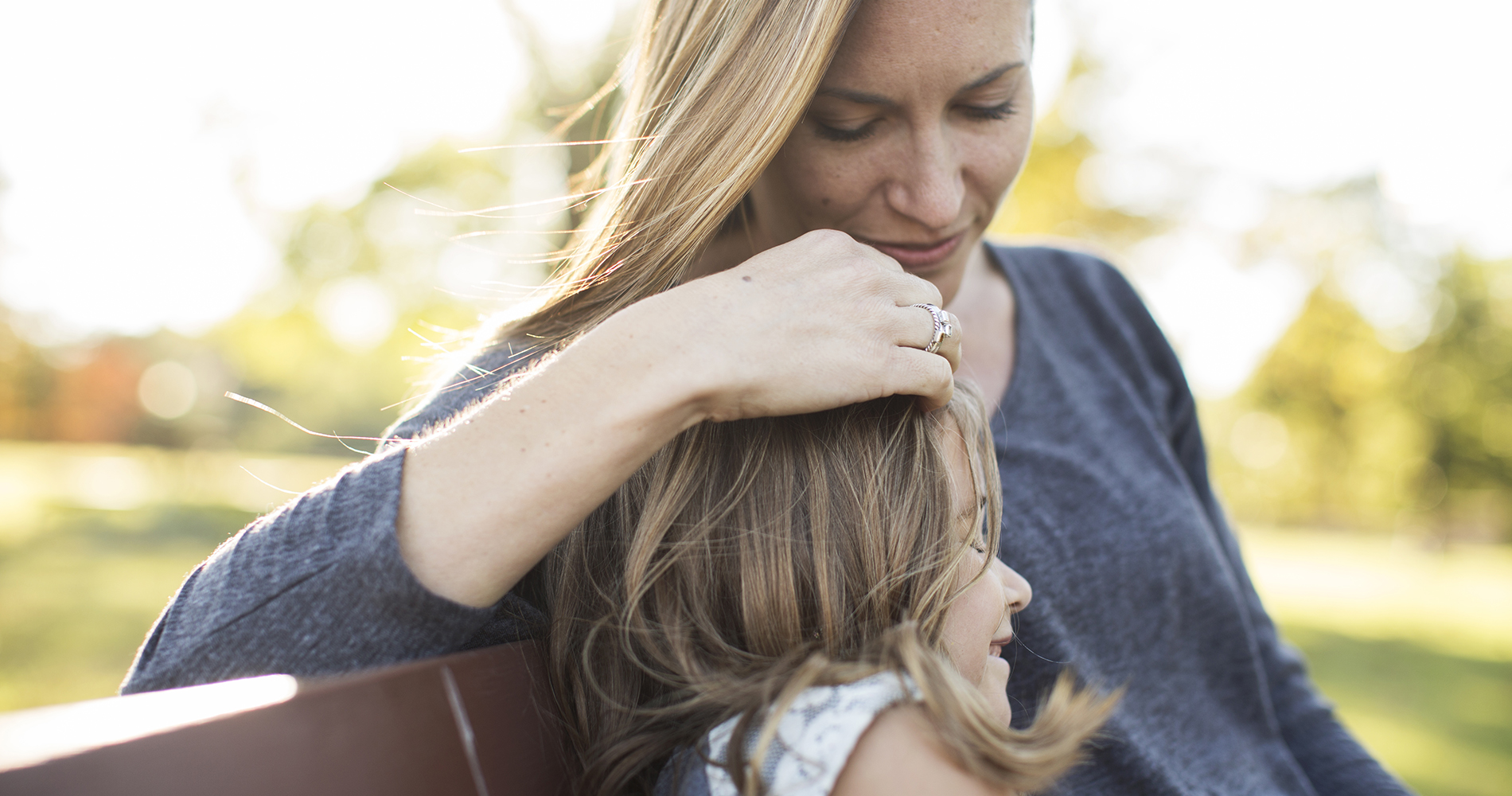
How To Talk To Your Child About COVID-19
Watching the news about COVID-19 can be alarming and concerning, especially with a young family. Trying to keep your family safe can get exhausting, and it’s more difficult with little ones to ensure they wash their hands or avoid touching their faces. The hardest thing is often knowing what to say to your children and how to calm them if they ask questions or express fears. Here are several things you can do that will make your job as a parent easier:
- Keep TV and social media away from your children. If you are watching TV, make sure it is on a channel with children’s entertainment.
- Be aware of conversations with other adults that might clue young ones into your level of anxiety. Make sure the children are not in earshot of the dialogue.
- Rehearse with a partner or friend what questions you feel ready to answer. The inevitable and often-repeated questions from your children may include: Is everybody getting sick? Do I need to wear a mask? Why do I have to wash my hands? Practicing what to say will help you to not appear fearful or anxious when it comes time to talk with your children.
- Do not force your children to talk about it. Don’t assume they are fearful just because others are feeling uncertain. Wait for their questions and you’ll have a better idea of what’s actually on their minds. You’ll also improve the odds of your answers being useful.
The most important thing you can do is to create an open environment in which questions are welcomed and enjoyed for the opportunity to help your child better understand the world around them. Take the time to let your children express how they feel. Avoid jumping in as they speak.
For example, you could say: “The virus is a very small germ that has made some people sick, but our home and your school are safe. We know what to do.” Don’t say that it will never happen here. Trust is really important, so don’t make up answers.
Face-touching is of course part of preschool and kindergarten life and is unlikely to yield to parental pressure, so emphasize the hand washing. Avoid pulling hands away from faces at every second. You and your children will only end up frustrated. Instead, try to say something along the lines of: “To make sure we stay healthy, let’s all wash our hands as a family five (5) times a day. We can make it fun. What song should we sing while we wash our hands?”
Consistency and routines signal to young children that things are “normal.” Keeping regular schedules are important. Only adjust them if asked to by your school, medical advisors in your community or government officials.
The important thing to remember is to keep healthy and calm yourself. Try not to show any anxiety. Your children take their cues from you – if you aren’t appearing worried, neither will they.
Dr. Kyle Pruett
Educational Advisory Board at The Goddard School
Clinical Professor of Child Psychiatry at Yale School of Medicine
This article is courtesy of Cathy Jo Mattson, on-site owner of The Goddard School in Collierville. For more information about The Goddard School, please contact Cathy Jo Mattson at 901-861-0108.







